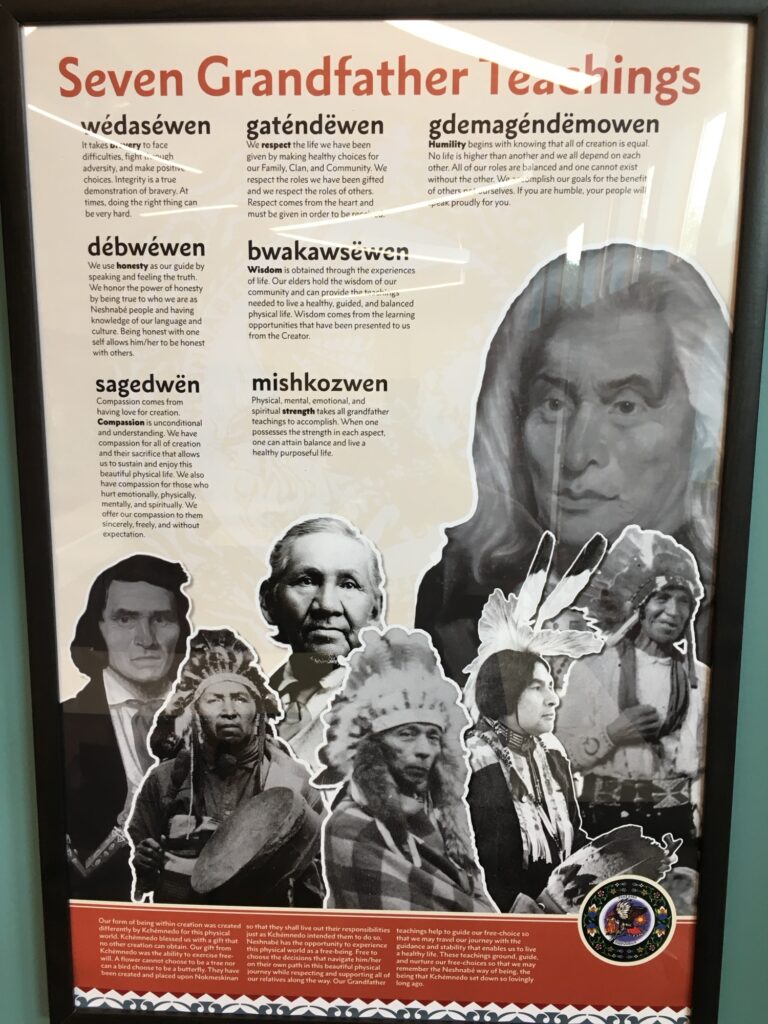Here.
Abstract:
For too long, tribal judiciaries have been an afterthought in the story of tribal self-determination. Until the last half-century, many tribal nations relied on federally administered courts or had no court systems at all. As tribal nations continue to develop their law-enforcement and police powers, tribal justice systems now play a critical role in tribal self-determination. But because tribal codes and constitutions tend to borrow extensively from federal and state law, tribal judges find themselves forced to apply and enforce laws that are poor cultural fits for Indian communities—an unfortunate reality that hampers tribal judges’ ability to regulate and improve tribal governance.
Even where tribal legislatures leave room for tribal judges to apply tribal customary law, the results are haphazard at best. This Article surveys a sample of tribal-court decisions that have used customary law to regulate tribal governance. Tribal judges have interpreted customary law when it is expressly incorporated into tribal positive law, they have looked to customary law to provide substantive rules of decision, and they have relied on customary law as an interpretive tool. Reliance on customary law is ascendant, but still rare, in tribal courts.
Recognizing that Indian country will continue to rely on borrowed laws, and aiming to empower tribal courts to advance tribal governance, this Article proposes that tribal judges adopt an Indigenous canon of construction of tribal laws. Elevating a thirty-year-old taxonomy first articulated by Chief Justice Irvin in Stepetin v. Nisqually Indian Community, this Article recommends that tribal judges seek out and apply tribal customary law in cases where (1) the relevant doctrine arose in federal or state statutes or common law; (2) the tribal nation has not explicitly adopted federal or state law on a given issue in writing; (3) written tribal law was adopted or shifted as a result of the colonizer’s pressure and interests; and (4) tribal custom is inconsistent with the written tribal law, most especially if the law violates the relational philosophies of that tribal nation. Tribal judiciaries experienced at applying tribal customary law will be better positioned to do justice in Indian country.




